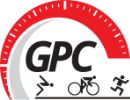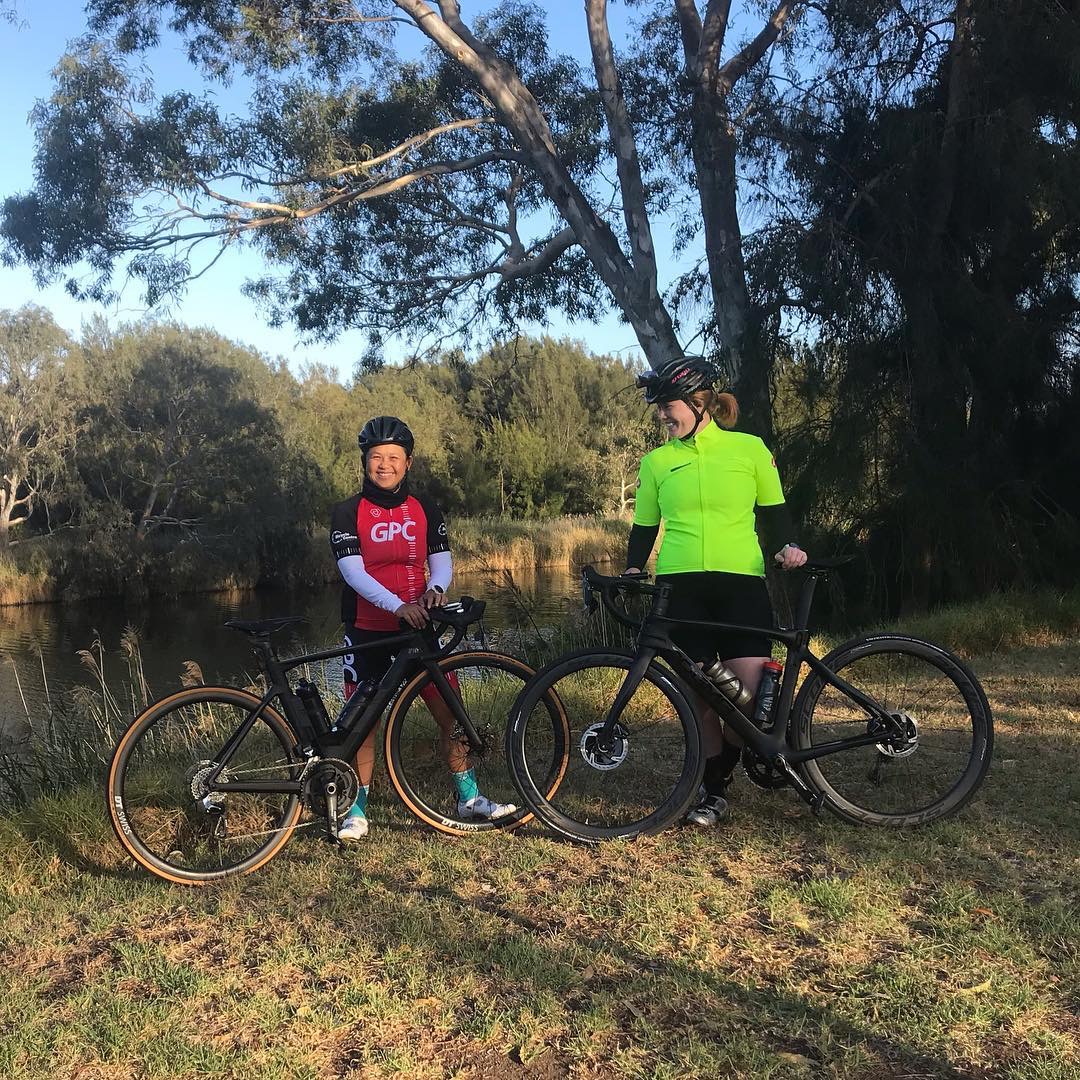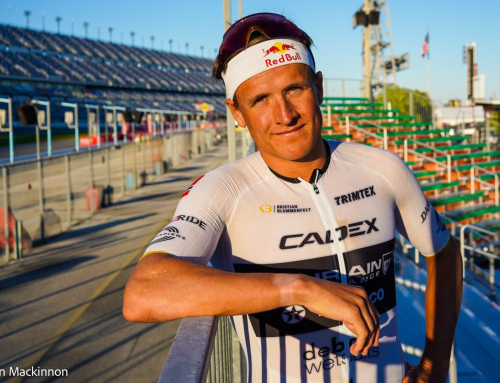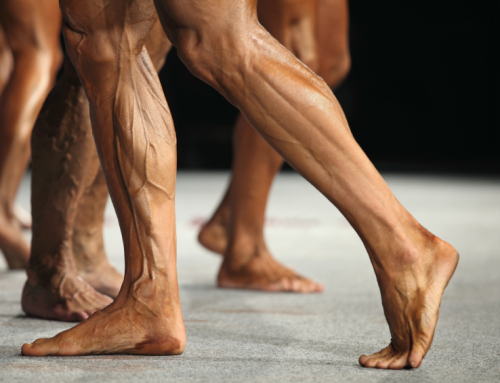Off Season Explained
One of the hardest jobs as a triathlon or endurance coach is to convince athletes (usually type A personalities) that have a recovery period or off season is a good idea. All too often we get the question ‘but isn’t more training better?’. This couldn’t be further from the truth in the case of the end of season.
In previous blog posts we have explained periodised training, progressive overload, recovery weeks & benefits of winter training.
Athletes who fail to take a recovery period, set themselves up for limited athletic improvement in the subsequent season, and increase their risk of burn out.
Purpose
- Eliminate accumulated fatigue from training & racing
- Replenish metabolic energy stores (usually recovered in hours/days)
- Repair and super compensation of muscles (usually recovered in days/several weeks)
- Recovery of central nervous system & hormonal system (usually recovered in weeks/a month)
In Practice
- Length of off season is very individual
- Athletes should consider physical fatigue but also motivation before returning to training
- Typically an average athlete will lose ALL of their fitness in one year. So having 1-2 weeks of easier/no training will only result in about 10-20% fitness loss
The first 1-2 weeks:
- Your training load will drop between 40-60% of in-season training load
- Training is less specific to race day & should include cross training sessions or simply move
- Sessions should be easy <60%VO2 max or <4/10 RPE
The second 1-2 weeks:
- Sessions more specific – eg. swim/bike/run/strength
- Progress volume but not intensity
- Work on technique or movement deficiencies
Now is a good time to do your season review for your coach. GPC have designed a specific survey which will be delivered straight to your coach. It is designed to help you reflect on your own training, racing & also what you need from your coach to succeed.
Further Reading – Alan Couzens Off Season









